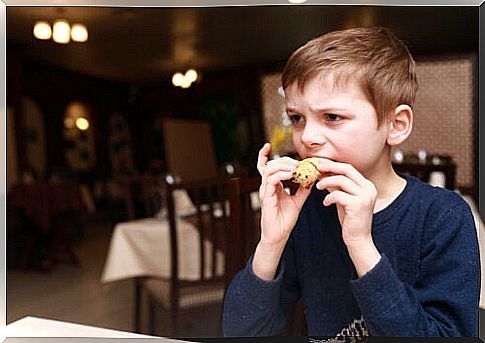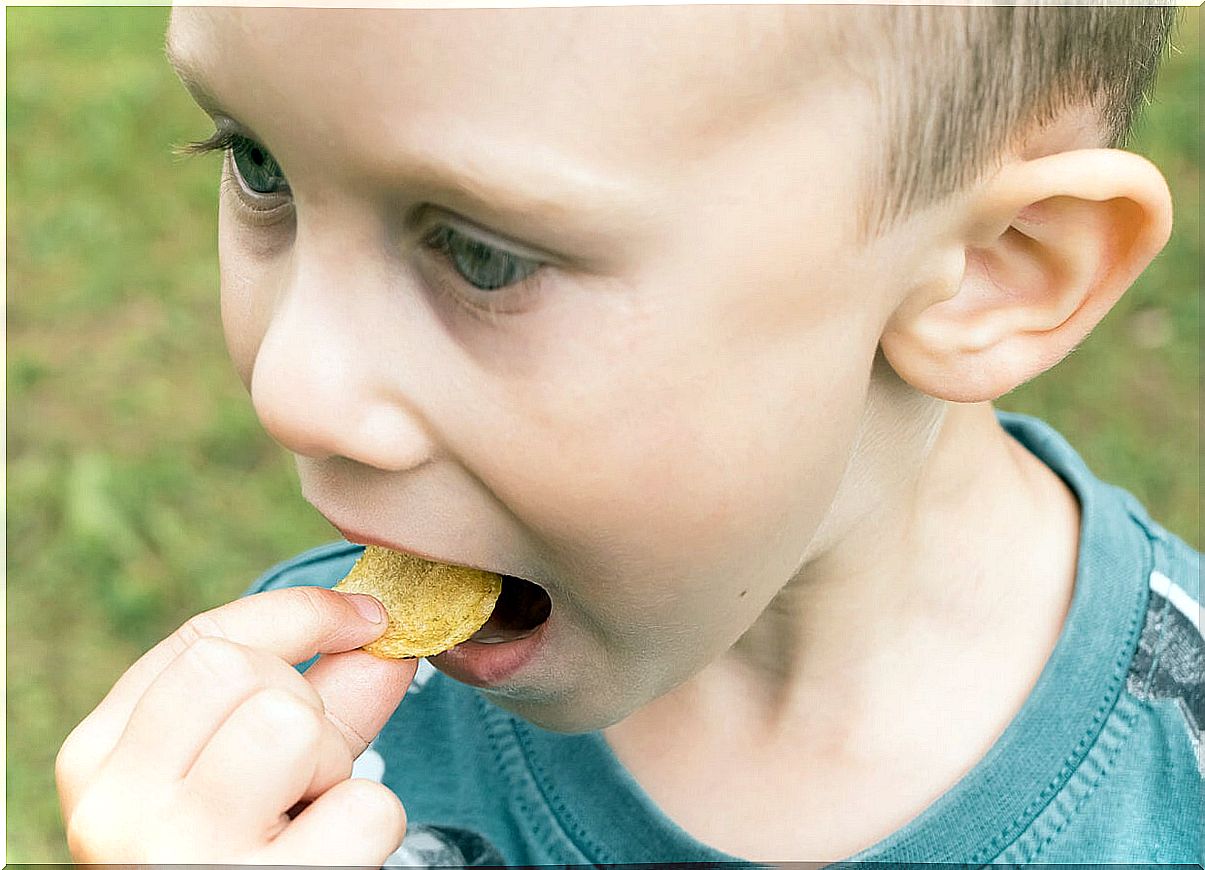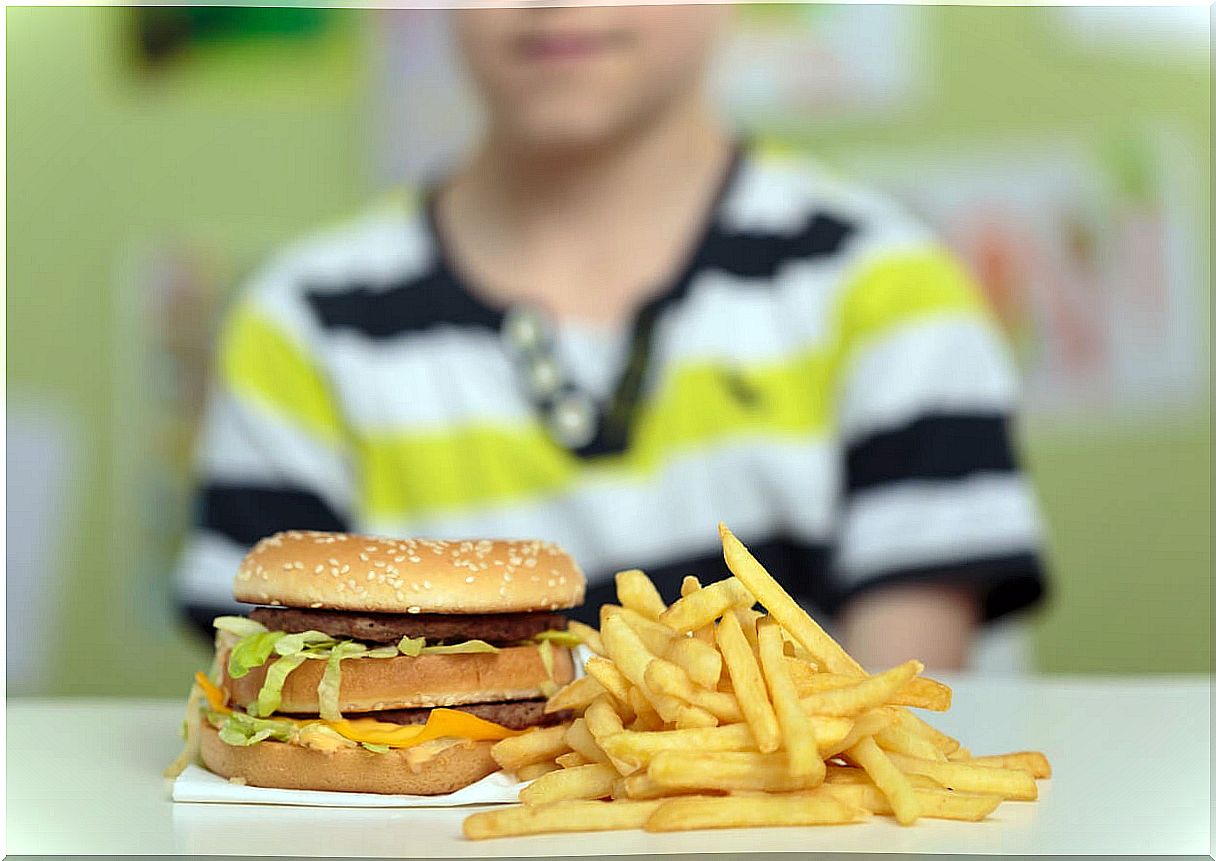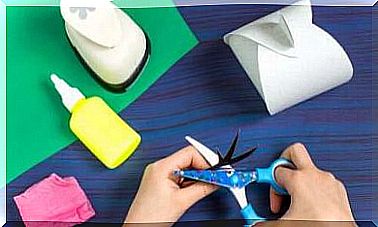4 Signs Your Child Is Eating Too Much Salt – Parenthood

Salt is one of the most common ingredients in the preparation of daily meals. However, consuming too much may not be suitable for the body, especially in the case of children. And it is not easy for them to get used to eating less of foods that are made very tasty and super appetizing.
Keep in mind that the main function of salt is to improve the flavor of food. However, this element generates a series of effects in the human body. In the absence of pathologies, and assuming moderate consumption, there is nothing to worry about. But things change if the recommended daily amounts are exceeded.
The effects of salt
According to a study published in the journal Nutrients , chronic and excessive salt intake may be linked to a higher incidence of hypertension. It is true that this situation is determined by certain genetic factors, but it can be prevented by offering a suitable diet.

It is even possible to extend this relationship to the case of children and adolescents, according to research published in the International Journal of Epidemiology . Many other factors influence it, but diet is one of the most decisive. For this reason, it is important to moderate salt intake in order to reduce such risks.
Signs that your child is eating too much salt
We are now going to see what are the main warning signs that your child may be eating too much salt, and what is considered harmful for them.
Usual presence in the diet of ultra-processed foods
When homemade meals are prepared, all the ingredients that are part of the recipe are checked. Salt is normally included, but the amount is usually moderate. Except in special circumstances, this does not present a health risk.
However, most industrial ultra-processed foods contain an excessive proportion of salt. Indeed, with this flavor enhancer in abundance, the product is more appreciated by the consumer, which generates benefits at the industrial level.
Any healthy diet should have a higher proportion of fresh foods than processed, industrial foods. Otherwise, there could be an adverse health consequence.
If it is unusual for them to eat at home
As with ultra-processed foods, a similar problem is found with eating out. Most restaurateurs strive for customer satisfaction, so they add flavor enhancer in large quantities. When you eat out, you tend to take in more calories and less quality nutrients.
Regular consumption of soft drinks
Water is the primary means of hydration par excellence. If carbonated drinks predominate in the diet, it could be harmful to health. These products contain not only simple sugars but also large amounts of salt and other additives. Ideally, they should appear as little as possible in the daily diet.
Constant thirst

One of the mechanisms that modulate the state of hydration is the feeling of thirst. Except in cases of heat and excessive sweating, it is normal for the child to consume on average several liters of water per day. The fact that his fluid demand is increasing a lot could be an indication that he is consuming more salt than recommended.
When the supply of electrolytes such as sodium is high, the body needs to ensure a constant flow of fluid to maintain osmotic balance. Otherwise, the urine will be more concentrated during elimination and other physiological parameters will be altered.
Control the salt your child eats
As you have seen, too much salt in your child’s diet is clearly harmful. It is not absolutely necessary to restrict the ingredient drastically, but care should be taken to avoid too high amounts being ingested, which could become a health risk. Evaluating diet at specific times can help correct imbalances that affect how the body functions.
Keep in mind that, as a general rule, it is best for children to eat most of their meals at home. These should be made from fresh foods, minimizing the use of sauces and ultra-processed foods that may contain too much salt and additives. And don’t forget to always accompany your meals with water.









